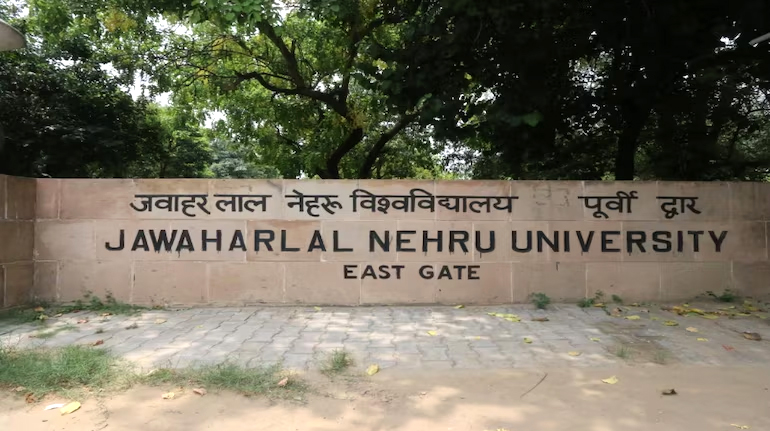JNU opens new centres for Hindu, Buddhist, and Jain studies
The three new institutes will be established under the "School of Sanskrit and Indic Studies," in accordance with the National Education Policy (NEP) 2020.

JNU opens new centres to further enhance its academic offerings and promote studying diverse Indic traditions. The Jawaharlal Nehru University (JNU) has announced the establishment of three new academic centers: the Centre for Hindu Studies, the Centre for Buddhist Studies, and the Centre for Jain Studies. These centers will operate under the “School of Sanskrit and Indic Studies” and are aligned with the National Education Policy (NEP).
The decision to create these centers was approved by the JNU Executive Council during a meeting held on May 29. According to an official notification, the committee constituted by JNU explored and recommended the implementation of the Indian Knowledge System within the university. The Competent Authority granted approval for these centers, emphasizing their significance in promoting Indian ethos and knowledge systems.

Delhi University (DU) had previously established a Centre for Hindu Studies, which currently offers a master’s degree program. DU also plans to introduce undergraduate courses in this field. Additionally, DU has a department dedicated to Buddhist Studies. In March, the central government granted approval for DU to establish a Centre for Advanced Studies in Buddhism, with an estimated budget of ₹35 crore.
National Education Policy 2020
National Education Policy (NEP) 2020 aims to transform India into a vibrant knowledge society by providing high-quality education rooted in Indian values. Its five foundational pillars—Access, Equity, Quality, Affordability, and Accountability—guide educational reforms. The policy focuses on universal pre-primary education, foundational literacy, and numeracy for all children, and it advocates for curriculum transformation, examination reforms, teacher training, and regulatory restructuring.
The decision to establish these centers aligns with the NEP, which seeks to transform India’s education system. Here are some key points about NEP:
Vision: NEP envisions an education system rooted in Indian ethos, contributing to a vibrant knowledge society. It aims to make India a global knowledge superpower.
Foundational Pillars: Access, Equity, Quality, Affordability, and Accountability are the foundational pillars guiding educational reforms.
Curriculum Transformation: NEP recommends a 5+3+3+4 design, covering children aged 3 to 18 years, emphasizing foundational literacy and numeracy.
Teacher Training: NEP focuses on enhancing teacher training programs, emphasizing the crucial role of well-trained teachers.
Examination Reforms: The policy advocates for changes in the examination system to reduce stress and promote holistic learning.
JNU’s initiative to establish these centers reflects its commitment to preserving and advancing India’s diverse cultural and philosophical heritage. These centers will serve as hubs for scholarly exploration and contribute to a more informed and enlightened society.
You might also be interested in – Indian universities gained a significant position in QS rankings, JNU is top-ranked Indian university and IIM Ahmedabad secured 22nd rank



